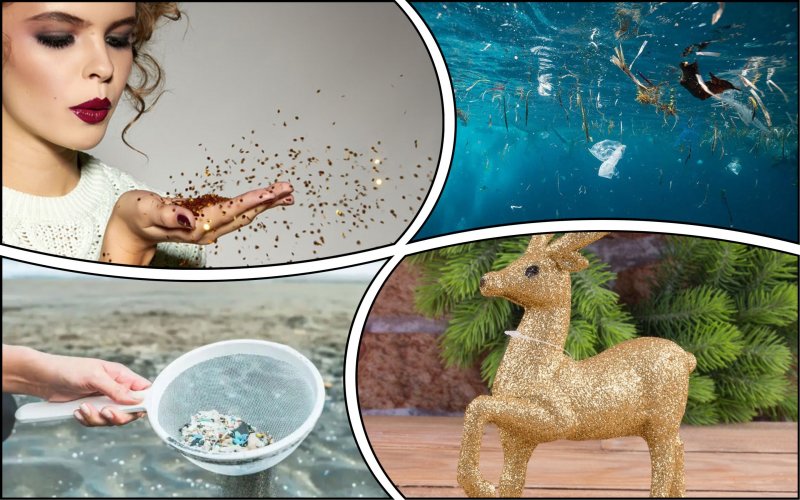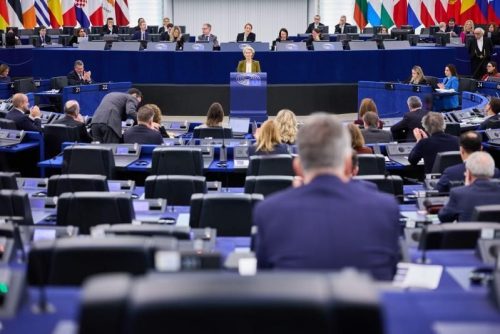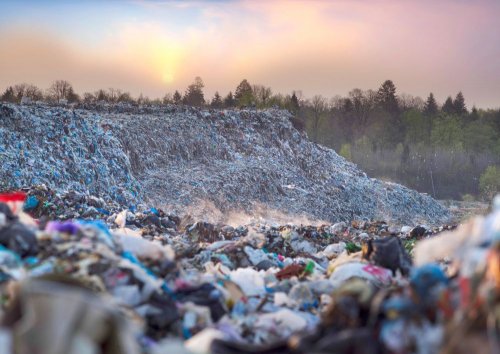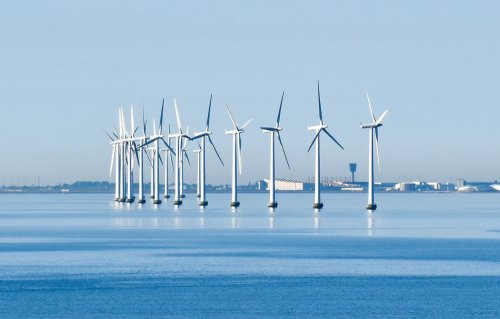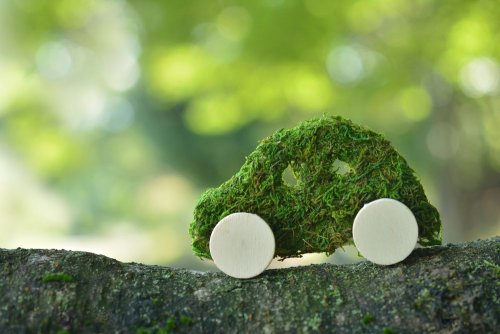In Europe, since October 17, the sale of glitter and products made from it, that is, plastic sparkles, has been banned in order to limit microplastic pollution, which is harmful to the environment.
The ban will not apply to greener glitter that doesn't pollute oceans, including biodegradable, soluble, natural or inorganic glitter, the site says European Commission.
It is noted that goods with glitter that are already in stores or in warehouses can continue to be sold until stocks run out.
The press service explained that microplastic, in particular plastic glitter, which is used by itself or in goods for which a certain transition period has been established, for example, cosmetics, detergents, can continue to be sold until:
- October 16, 2027 inclusive, for wash-off cosmetics;
- October 16, 2029 inclusive for leave-on cosmetics;
- October 16, 2035 inclusive for make-up, lip and nail cosmetics.
From October 17, 2031 to October 16, 2035, to continue being sold, cosmetics, lip products and nail products must carry a label indicating that they do not contain microplastics.
Earlier, EcoPolitic wrote, that scientists at the George R. Brown School of Engineering at the American Rice University found that microplastics contribute to the emergence of antibiotic-resistant bacteria.
As EcoPolitic previously reported, a study by Austrian scientists showed that particles of polystyrene, plastic from food wrap, can enter the human brain. This can increase the risk of inflammation, neurological disorders and neurodegenerative diseases.

